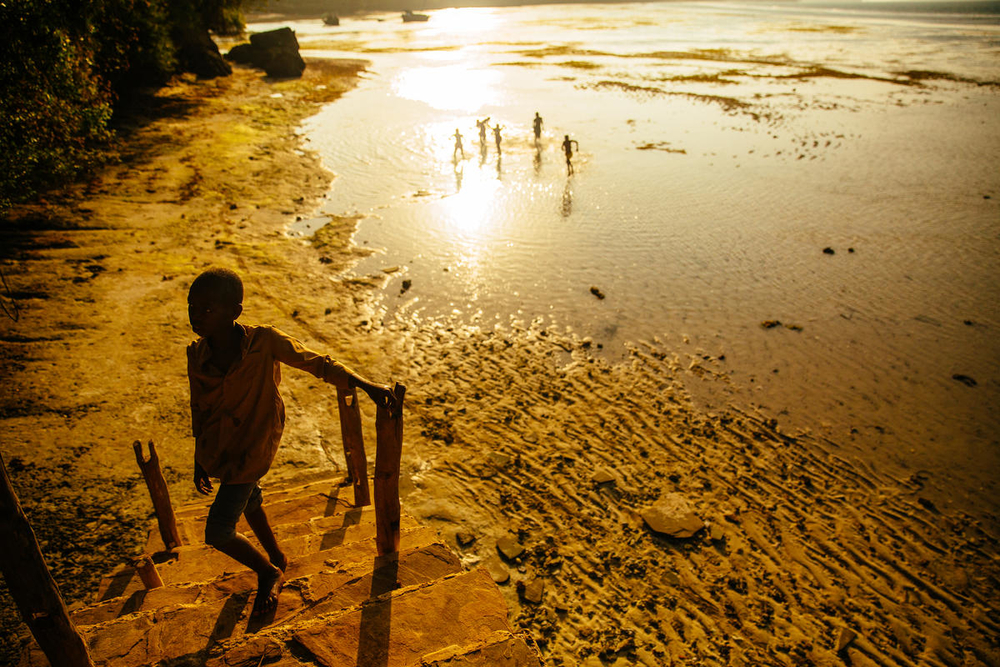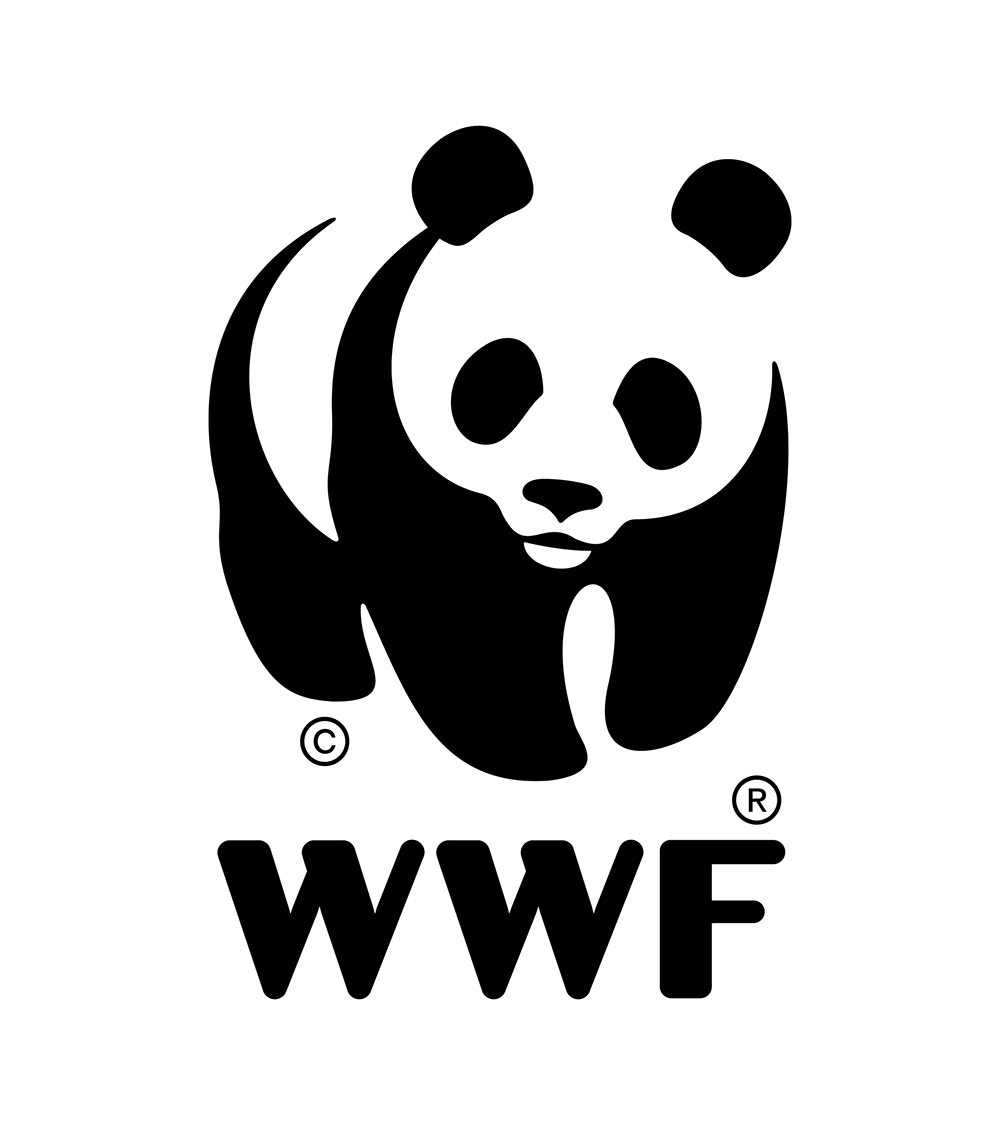The Challenge
Coastal communities and small-scale fishers have served as traditional stewards of coastal ecosystems for hundreds of years. Their survival is inextricably linked to the health of these ecosystems and very often they have no or little alternative sources for food and livelihoods.
Recognizing, protecting and securing legitimate tenure rights to marine resources, as well as ensuring that indigenous and local knowledge is incorporated into decision making, requires sustained engagement with decision makers.

Our Approach
Now more than ever, we need a global movement of empowered coastal community networks, civil society organizations and relevant institutions that can together accelerate the implementation of successful coastal community-led conservation at the appropriate scale.

This initiative will spearhead that movement and deliver significant benefits to 12 million highly dependent people through improved management of 4 million km2 of critical coastal ecosystems vital to the food security and livelihoods of vulnerable coastal people.

This online tool was developed to support practitioners to catalyse the scaling process and reach this global target. We hope that all who use it, will explore, learn and share in ways that could not be possible when we work in silos.
[howto]About this platform
Informed by science, communications and policy work, Coastal Community Led Conservation is a knowledge sharing platform developed by practitioners, for practitioners. The interactive mapping tool helps visualize the impact of the collective action from WWF, communities and partners on the ground. It also documents the implementation of scaling strategies, so that we make smarter investments and decisions for the ocean of tomorrow.

The data viewer includes global maps, site-specific facts and reference data. Maps can be opened according to key themes or geographies. The navigator enables you to add or remove any additional map layers as you explore.
Use the dashboard to explore key data analytics and statistical charts showing impact and trends filtered by site, country and seascape. Progress is assessed using a framework termed the “5 Point Plan” which relates to five key areas of coastal community led conservation: 1) Rights secured in national policy, 2) Co-management governance operationalized, 3) Small-scale fisheries management, 4) Effective spatial management and habitat restoration, and 5) Community socio-economic resilience.

The initiative’s impact is measured in terms of biodiversity, governance, social and economic indicators. By filtering sites according to each aspect of the 5 point plan you will be able to identify exemplary sites where success in that particular area has been achieved. You will be able to click on that location and download contact information and tool kits where available to support replication of successful prototypes.
Linked to each site, users can download toolkits, guides and manuals developed by practitioners across 34 countries to enable you to further build your capacity.

